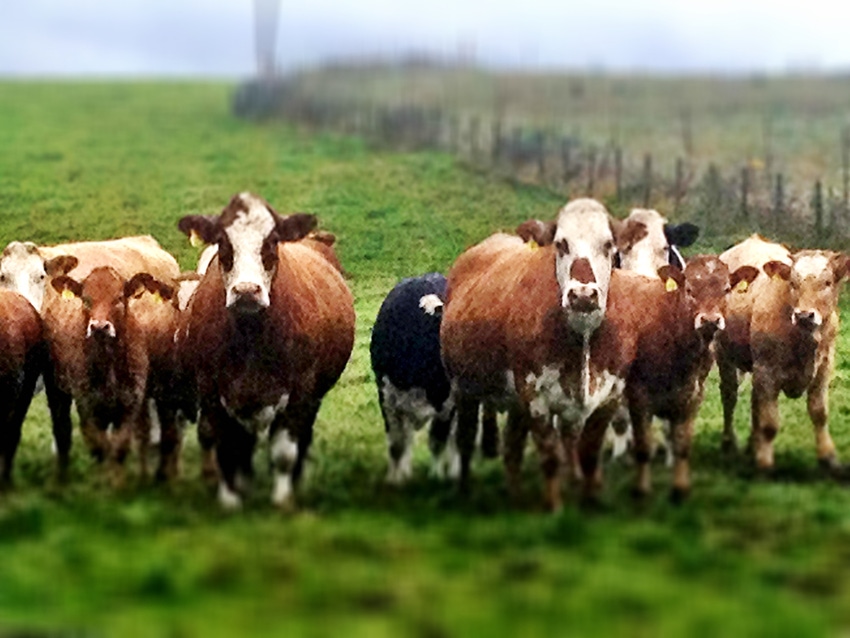Biochar could reduce methane and ammonia emissions from cattle while improving soils.
January 7, 2020

On-farm research trials are being carried out in the U.K. to test whether feeding cattle biochar can cut emissions of methane and ammonia from livestock.
As part of the trials, which are being carried out by Coventry University and Innovative Farmers, cattle are being fed biochar, which is a form of charcoal created to improve soils. The substance could reduce methane and ammonia emissions from cattle and limit the impact of manure on waterways by reducing nitrate leaching, the Coventry University announcement said.
It could also potentially benefit cattle by absorbing toxins and reducing parasitic worms as well as increasing the carbon levels in soil, thereby reducing erosion.
Innovative Farmers, a not-for-profit network that enables farmer-led research, helped bring about the field tests to study the research in the real world. So far, the results have been positive, but more research is needed, the researchers said, adding that the field study has been extended, with several farmers in Wales now set to test biochar in their cattle feed over the next year.
According to the announcement, the biochar research has the potential to reduce these emissions as well as have benefits for the soil as Coventry University researchers and farmers test the impact of biochar-feed manure on grass growth and soil health as part of the trials.
"Biochar has the potential to shake up the farming industry, and results so far have been promising, although we are looking at expanding the trials to other farms to compare initial findings. Initiatives like this show that the farming industry can make real progress towards reducing its environmental impact, and we are continuing to engage more farmers so that they can become part of the solution for climate change," said Donna Udall, research assistant at Coventry University's Center for Agroecology, Water & Resilience.
You May Also Like

.png?width=300&auto=webp&quality=80&disable=upscale)

